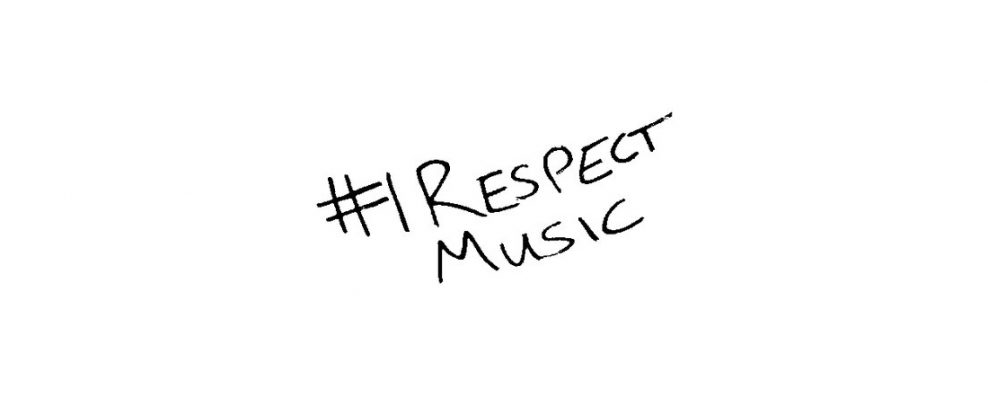(Hypebot) — Musician and advocate Blake Morgan lays out the plight of the middle-class musician and why now is the time to push for the passage of The American Music Fairness Act.
By Blake Morgan, musician and activist, this op-ed first appeared i The Hill
The Irish tell the story of a man who arrives at the gates of heaven asking to be let in, and Saint Peter says, “Of course! Just show us your scars.” The man says, “But…I have no scars,” and Saint Peter answers, “What a pity. Was there nothing worth fighting for?”
We musicians are used to fighting. For our livelihoods, our families, our dreams. In recent years we’ve fought battles we’ve neither sought nor provoked, against powerful corporate forces devaluing music’s worth. Streaming companies, music pirates, and AM/FM radio broadcasters who, in the United States, pay nothing––zero––to artists for radio airplay.
It’s shocking, but true: The United States is the only democratic country in the world where artists don’t get paid for radio airplay. Only Iran, North Korea, and China stand with the United States in this regard.
Broadcasters make billions of dollars each year off our music, and artists don’t earn a penny. This impacts not only the artist, but session musicians, recording engineers, songwriters. Virtually everyone in music’s economy.
Isn’t being paid fairly for one’s work a bedrock American value?
“Wow…you have a mortgage.”
In recent years, I’ve met with members of Congress about the rocky economic landscape musicians navigate. Each meeting has been memorable and meaningful, but one in particular has stayed with me.
I was explaining to a congressman how these issues don’t just affect the robust bank accounts of superstars, they affect musicians like me. Musicians who, just like other Americans, have families, mortgages, and health insurance to pay. He leaned in with some amazement and said, “Wow…you have a mortgage.”
Before I could fill the sudden awkwardness, he spoke again and quite genuinely. “Forgive me for how naive I just sounded, but we don’t hear that sentiment about musicians often enough.” He continued, “Each day in Congress we trumpet the plight of the middle class, and yet here you sit: a middle-class musician asking for basic fairness.” It was an emotional moment––and in truth––I choked up. It was striking to watch him “get it” in real time, and courageous I thought, for him to say so.
Also, he’s right: I am a middle-class American musician. And perhaps we don’t, in fact, hear musicians described that way often enough. But we should.
I’ve been a professional musician since I was 13. I’m a recording artist, songwriter, performer, multi-instrumentalist, recording engineer, and record producer. I can claim an accomplished career. But surely, no one would claim I’m a “star.”
Few musicians are. Just as in other professions, the vast majority of working professionals in music are similarly middle class and the downward economic pressures we face affect us disproportionately.
But now, there’s hope.
Following years of grass-roots organizing and growing political will, a bipartisan group in Congress has introduced the American Music Fairness Act. This bill––supported by both Republicans and Democrats even in this polarized political environment––would close the loophole that’s allowed terrestrial radio broadcasters to go nearly a century without paying artists. No single stroke of a pen could affect a larger number of middle-class American musicians.
“passage would bring billions of dollars back into the U.S. economy”
What’s more, the bill’s passage would bring billions of dollars back into the U.S. economy: because we’re not paying international artists for radio airplay here in the United States, other democratic countries are now not paying American artists in their countries. The bill would end this de-facto embargo.
Broadcasters argue radio royalties aren’t necessary since they’re giving artists “exposure.” Musicians can’t pay their electric bills with exposure.
Broadcasters claim the bill would kill local radio. But the bill specifically protects small broadcasters: stations grossing less than $1 million a year would have their annual royalty payment capped at $500, or $1.37 a day.
Broadcasters say the bill would stifle innovation. American music makers don’t require a lesson on innovation. Rock & Roll is an American innovation. Hip-Hop is an American innovation. Jazz, Blues, Country, Gospel, Bluegrass, and so many others are each distinct American innovations.
These false claims and attempts at misdirection from billion-dollar broadcasting conglomerates are to be expected, but one truth cuts through them all:
Music is one of the things America still makes that the world still wants. The people who make that music should be paid fairly for their work.
This will be a battle, to be sure. We’re going to have to fight these lies, and fight for our profession. We’re going to have to fight by organizing, educating, and advocating. We’re going to have to fight for the American Music Fairness Act by applying political pressure on our leaders (you can sign this new petition here: IRespectMusic.org).
We all know Congress acts when real people care enough to make them do so.
Now is the time.





























